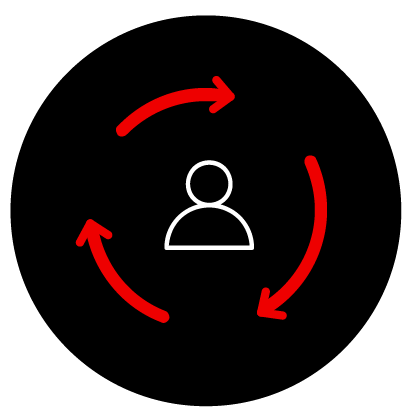Red Hat Universal Base Images (UBI)
Explore OCI-compliant, container-based, operating system images with complementary runtime languages and packages that are freely redistributable.

Red Hat Universal Base Images (UBI)
Red Hat Universal Base Images (UBI) are OCI-compliant, container-based, operating system images with complementary runtime languages and packages that are freely redistributable. Like previous base images, they are built from portions of Red Hat Enterprise Linux (RHEL). You can find UBI images in the Red Hat container catalog, and they are buildable and deployable anywhere.
UBI are designed to be a foundation for cloud-native and web applications use cases developed in containers. Because the images are freely redistributable, you can build a containerized application using UBI, push it to your registry server, easily share it with others, then deploy it on non-Red Hat platforms. And since the application is built on Red Hat Enterprise Linux, you can be confident that Red Hat's UBI are reliable, secure, and performant.

Red Hat Universal Base Images
Today, your Linux containers are not really portable - you have to build one for each destination platform. Until now. The new Red Hat Universal Base Images enable you to build your container ONCE and freely redistribute it to multiple deployment platforms - whether Red Hat or not. Read more about UBI below, or visit the Red Hat container tools topic.
In this brief video, Red Hat's Scott McCarty demonstrates Red Hat Universal Base Images by creating a container image on Fedora, then deploying it on Red Hat Enterprise Linux 8.
Red Hat UBI is a verified publisher on Docker Hub
Red Hat Universal Base Images (UBI) on Docker Hub are now available as Verified Publisher images in a variety of configurations and sizes, including Micro, the newly announced variation with Red Hat Enterprise Linux 8.4 that delivers the smallest UBl footprint for edge computing.
UBIs are Open Container Initiative (OCI)-compliant, freely redistributable, container-based operating system images that include complimentary runtime languages and packages, but previously, you could only get these images from the Red Hat container catalog.
Now, you can get them in Docker Hub, making it even easier for you to build and deploy UBI-based containers anywhere.
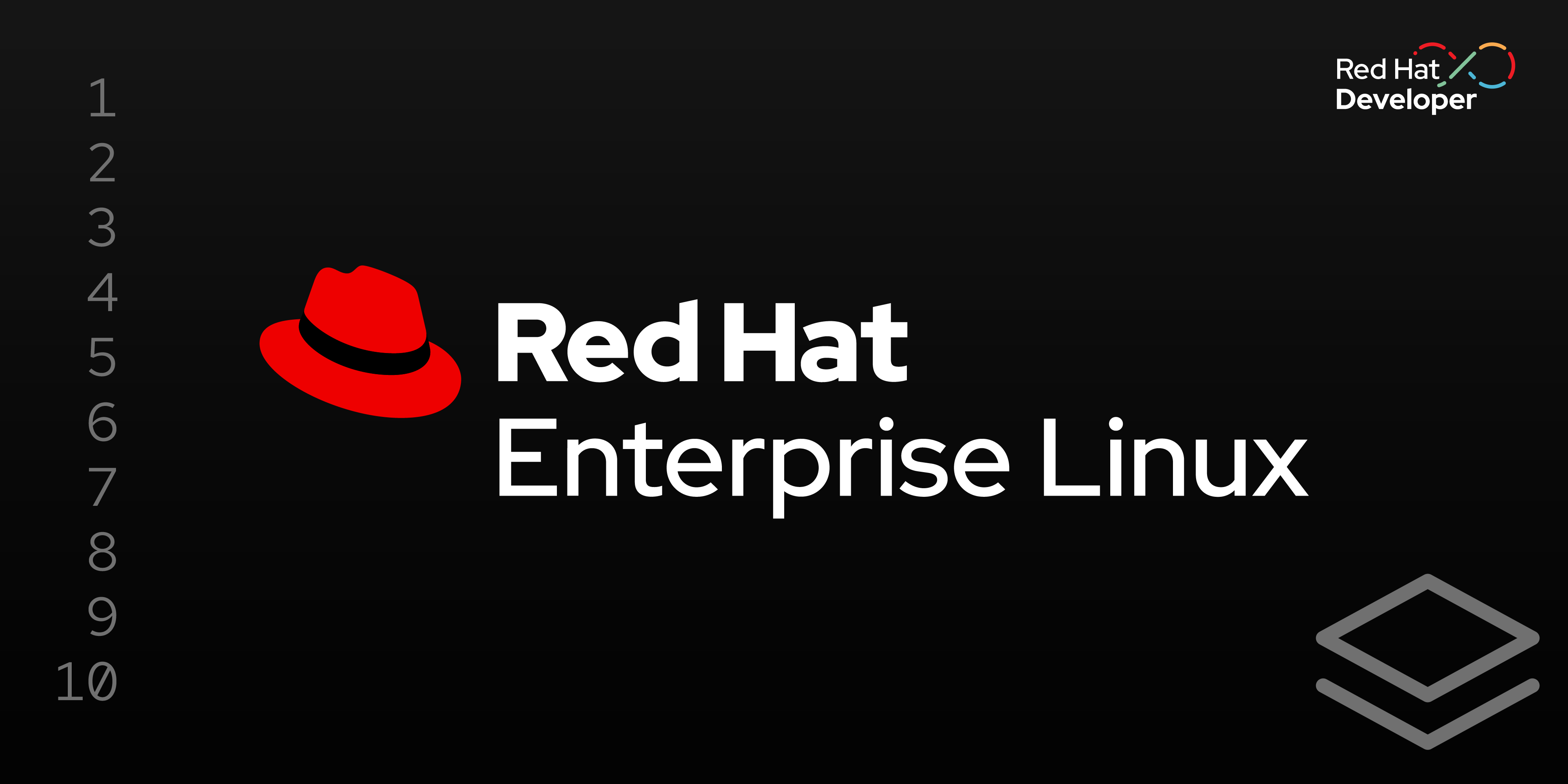
Red Hat Universal Base Images (UBI)
As a developer, you need a source of container-based images that have many of the qualities of Red Hat Enterprise Linux, but that can be consumed by your users/customers without acquiring a Red Hat subscription.
Red Hat provides this with Universal Base Images (UBI), a subset of Red Hat Enterprise Linux for building applications in containers - what’s different is they have their own unique EULA which means they are freely redistributable.
UBI provides trusted and redistributable base images. Learn all you need to know about UBI in this free resource.

Latest Red Hat Universal Base Image articles
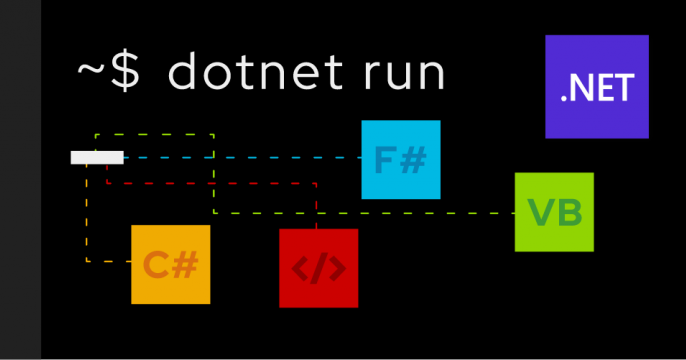
Discover how to build and deploy .NET application images as systemd services...
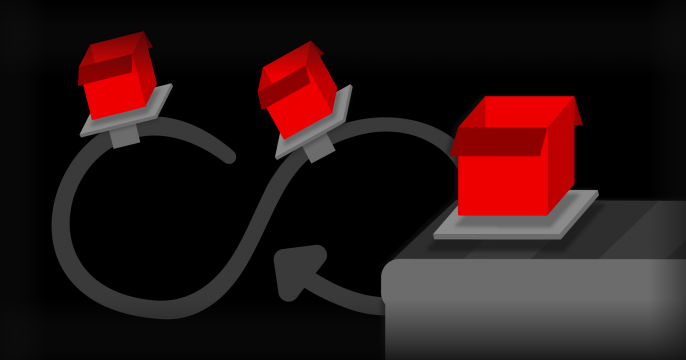
Learn to build container images with Buildpacks in CI/CD using Tekton...
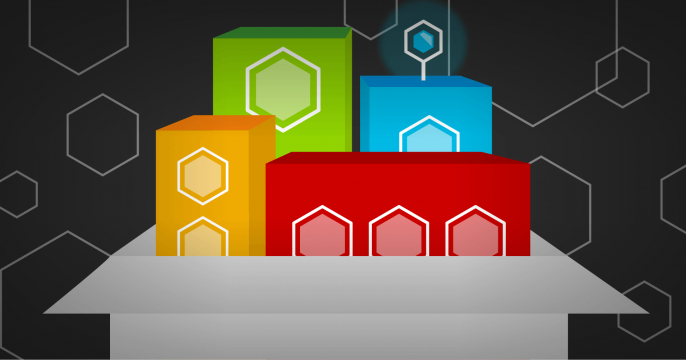
Announcing the release of the first tech preview of the jlink integration...
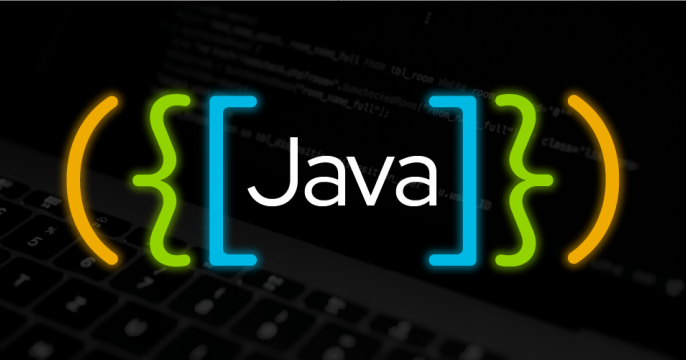
Discover how to implement a distributed transaction solution using Jakara EE...
UBI FAQs
If you have questions about Red Hat Universal Base Images, we hope this FAQ document has your answers.
Container development tools
Learn about Linux containers and Red Hat container development tools.


